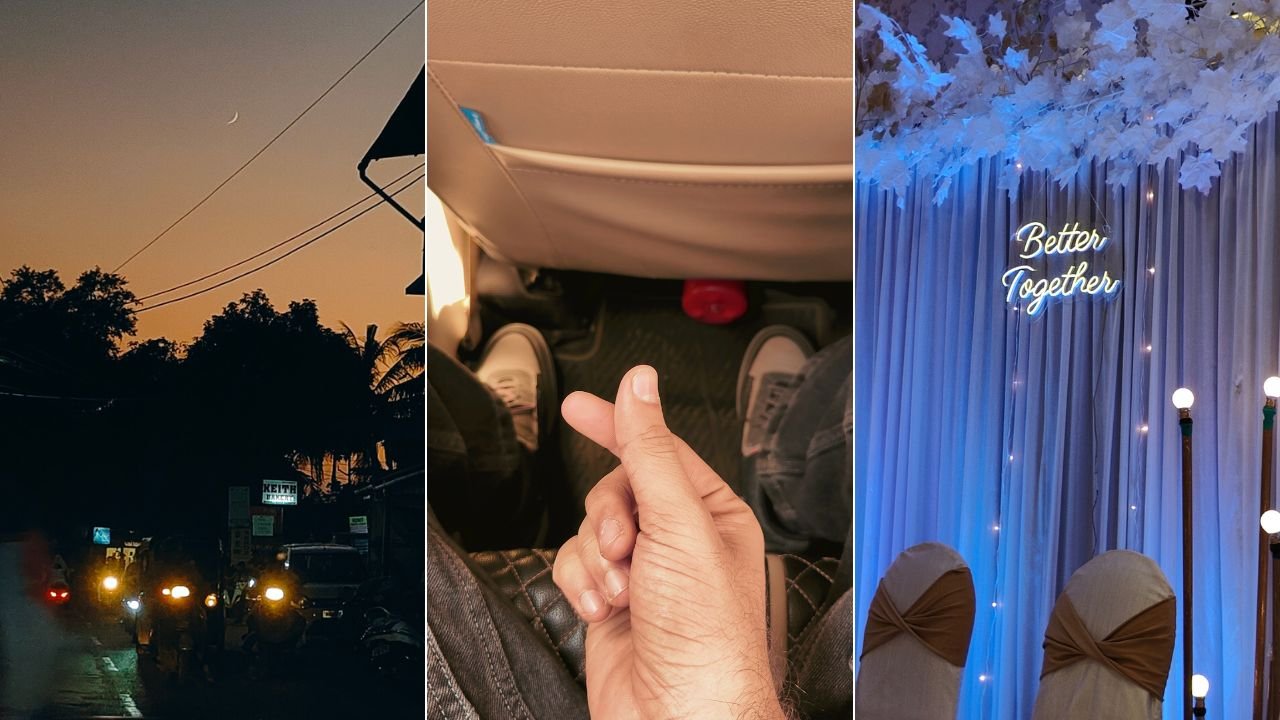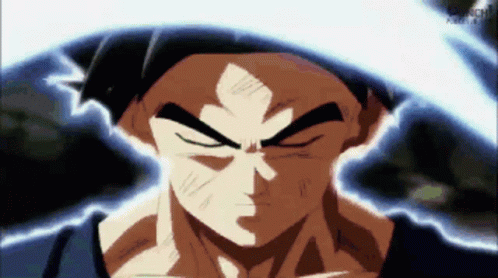The Realistic Timeline for Beginners, Intermediates & Advanced Athletes
Learning a handstand is a mix of strength, balance, flexibility, and body awareness.
But most people have no clue how long it actually takes to learn a handstand.
- Some think they’ll get it in a week (lol, good luck).
- Others assume it’ll take years, so they never start.
- And most quit too early because progress feels slow.
🔥 How fast you learn depends on:
✅ Your starting strength & flexibility
✅ How often you practice
✅ Your ability to balance upside down
Some learn it in weeks, while others take months or even years.
Here’s a general consensus I found from the research I did about how long people take to learn a handstand:
- Beginners with zero experience: 3 to 12 months.
- Athletes or yogis: 2 to 6 months.
- Gymnasts & advanced movers: 2 to 4 weeks.
Let’s break it down step by step.
Handstand Learning Timeline Based on Skill Level
📌 Assuming 4-5 days of practice per week.
| Skill Level | Time to Learn a 10-Second Freestanding Handstand |
|---|---|
| Absolute Beginner (No experience, no strength training) | 6 to 12 months |
| Beginner (Some fitness, but no inversion practice) | 3 to 6 months |
| Intermediate (Can hold wall handstands, some yoga or calisthenics experience) | 1 to 3 months |
| Advanced (Gymnast, breakdancer, or strong yogi) | 2 to 4 weeks |
Insights that caught my eye:
- Most people struggle with balance, not strength.
- The faster you improve your spatial awareness, the quicker you learn.
Here are The 4 Stages of Learning a Handstand:
🥚 Absolute Beginner: 0 Strength, No Experience ( 3-6 Months)
🔥 Where You Start:
- Can’t hold a plank for 30 sec.
- Wrists & shoulders feel weak.
- Scared of going upside down.
🚀 What to Focus On:
✅ Build shoulder & core strength (Pike push-ups, hollow holds).
✅ Work on wrist flexibility (daily wrist drills).
✅ Practice wall-assisted kick-ups to get comfortable upside down.
📌 Estimated Timeline:
- Week 1-4: Build strength & mobility.
- Month 2-3: Start holding wall handstands for 10+ sec.
- Month 4-6: First attempts at freestanding handstands (2-3 sec hold).
💡 Reality Check: If you’re starting from scratch, progress feels slow at first—but stick with it.
🐣 Beginner: Strength & Mobility Foundation (1–3 Months)
Before even attempting a freestanding handstand, you need basic prerequisites:
✅ Wrist Strength & Mobility – To prevent injuries.
✅ Shoulder & Core Strength – To support body weight.
✅ Body Awareness – Understanding how to align yourself upside down.
🔥 Where You Start:
- Can hold a plank for 30-60 sec.
- Can kick up against a wall but can’t balance yet.
- Shoulders still feel weak in upside-down position.
🔥 Exercises to Build Strength & Mobility:
- Wall Plank Holds (30-60s) – Strengthens shoulders.
- Hollow Body Holds (30s) – Builds core control.
- Pike Push-ups (3×10) – Develops pressing strength.
- Shoulder Wall Walks – Improves overhead mobility.
⏳ How long does this phase last?
- Beginners: 1 to 3 months.
- Athletes/Yogis: 2 to 4 weeks.
💡 Reality Check: Your biggest hurdle is balance, not strength. Expect a lot of falling and refining.
🐥 Intermediate (Strong But No Control): Assisted Handstands (1–3 Months)
Now, you start getting comfortable being upside down while using a wall for support.
🔥 Where You Start:
- Can hold a wall handstand for 30+ sec.
- Can kick up into a handstand but immediately fall.
- Have strong shoulders & core, but no balance yet.
🔥 Drills to Master:
✅ Wall Walks to Handstand Hold (30s) – Builds endurance.
✅ L Handstand (Against the Wall) – Improves balance.
✅ Practice kick-ups with slow exits (not collapsing) – Helps control your entry.
✅ Wall Handstand Shoulder Taps – Develops stability.
⏳ How long does this phase last?
- Beginners: 1 to 3 months.
- Athletes/Yogis: 3 to 6 weeks.
🚨 Insight:
- **Most people fail here because they don’t practice consistently—some days you’ll balance easily, other days you’ll wipe out.
- Trust the process. Mastering the wall handstand is 80% of the battle.
🦅 Advanced (Close to Mastering): Freestanding Handstand (2-8 Weeks)
Once you can hold a wall handstand for 30+ seconds, it’s time for freestanding practice.
🔥 Where You Start:
- Can hold a freestanding handstand for 5-10 sec.
- Losing balance because of small adjustments.
- Have strong shoulders, wrists, and core but lack endurance.
🔥 Drills to Master Freestanding Balance:
✅ Kick-Ups & Holds (10-15x per session) – Builds consistency.
✅ Toe Pulls from the Wall – Teaches balance control.
✅ Freestanding Holds with a Spotter – Increases confidence.
✅ Parallette Handstands (Optional) – Helps with wrist pressure.
⏳ How long does this phase last?
- Week 1-2: Clean up alignment, remove unnecessary movement.
- Week 3-4: Hit 15+ sec holds consistently.
- Week 5-8: Nail the 20+ sec handstand goal.
🚨 Insight:
- At this level, it’s all about minor tweaks & endurance. So, the key is daily practice, even if only for 5-10 minutes.
- Your nervous system adapts faster when you practice frequently.
How to Learn a Handstand Faster?
🔹 Practice every day (5-10 mins). Handstands are about muscle memory.
🔹 Film yourself & analyze form. Small adjustments make a huge difference.
🔹 Train in front of a mirror or wall. Visual feedback helps with alignment.
🔹 Use finger control, not just shoulders. Your fingers adjust your balance.
🔹 Don’t fear falling—learn to bail. Master the cartwheel exit to remove fear.
You’ll Never Feel “Ready” – Just Start
Most people delay learning a handstand because they think they need to be stronger, fitter, or more flexible first.
📌 Truth? You learn a handstand by doing handstands.
🚀 If you start TODAY, you’ll be ahead of everyone still “waiting” to be ready.
How Long Will It Take YOU?
✅ Absolute Beginners (train 3-5x a week) → Expect 3-6 months of work. ✅ Beginners with some strength (train daily (even just 5 mins)) → Expect 2-4 months.
✅ Intermediates (wall hold but no balance) → Expect 1-3 months.
✅ Advanced (freestanding but inconsistent) → Expect 2-8 weeks.
🚨 Just remember that:
- Handstands are not about strength—they are about consistency and patience.
- The secret is practicing every day, even for just a few minutes.
🔥 The best and fastest way to get better? Flip upside down EVERY. SINGLE. DAY.



